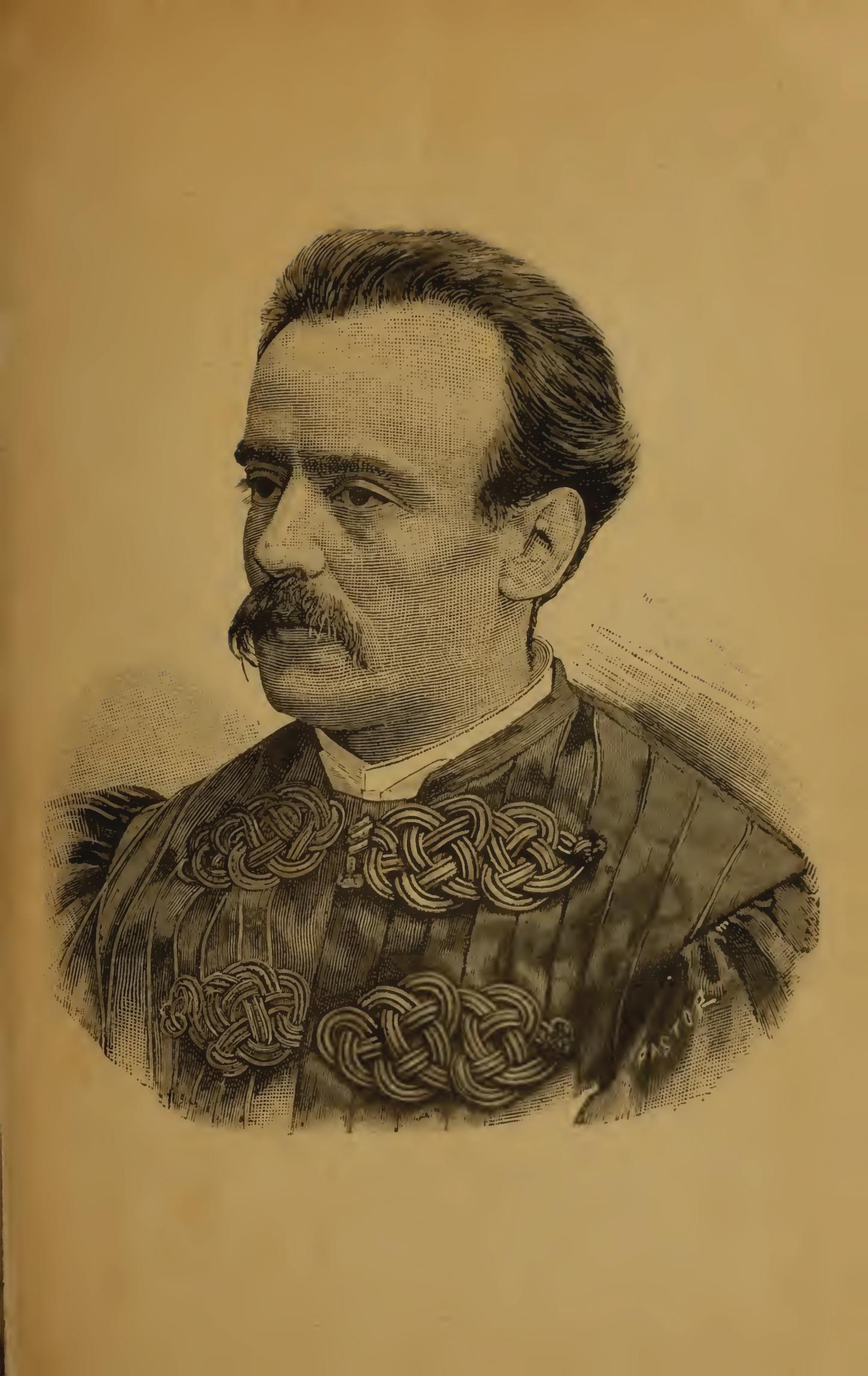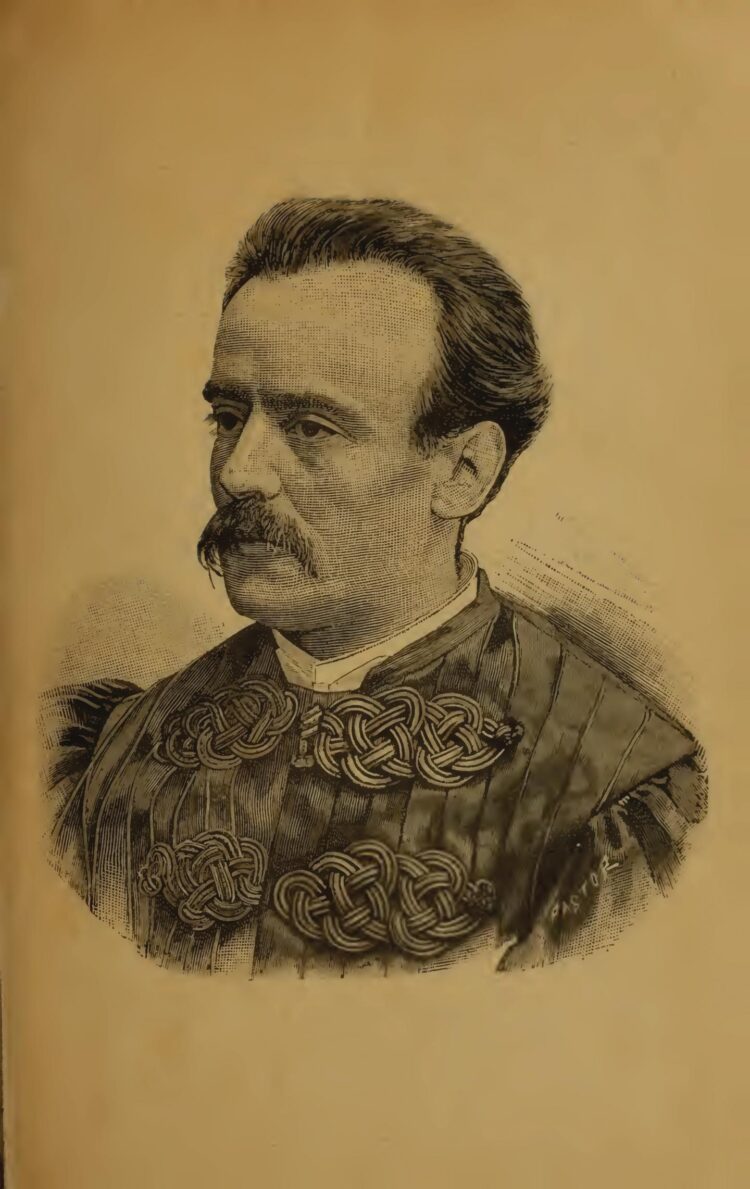Part III

Credit: Forensic Sciences Research
Analysis of The Autopsy, Toxicological, and Psychiatric Reports of Portugal’s First Major Forensic Case: Part III
https:/
Announcing a new article publication for Forensic Sciences Research journal. In this review article the author Ricardo Jorge Dinis-Oliveira of the University Institute of Health Sciences (IUCS)-CESPU, Gandra, Portugal continues a three-part investigation of the “Crime of Flores Street” one of the most famous cases of poisoning which occurred in Portugal in the late 19th century. The case demonstrated the weaknesses of the Portuguese medicolegal system and attests to the importance of toxicological analysis. The first article retold the case which gave birth to forensic toxicology studies in Portugal and informed present day Portuguese medicolegal procedures. The second article analysed all the relevant and contradictory testimonial evidence of the prosecution and defence witnesses.
In this latest publication the author analyses the forensic evidence, particularly from the autopsy, toxicological, and psychiatric forensic reports. Today, it would be easy to perform irrefutable toxicological analysis, but in those times, the circumstantially produced evidence, together with the toxicological expert reports, allowed the court to produce a damning judgment. The author suggests, that with current knowledge, it is now possible to add further insights if the burial location of at least one victim could be identified. In late 2020 one of the victims was finally located. Permission for a new autopsy for samples collection was obtained and has been performed more than 130 years after the first major autopsy was executed in Portugal. Future research will include correlation of the identity of the victim by DNA analysis and comparison with relatives and toxicological analyses.
###
Related Publications
Ricardo Jorge Dinis-Oliveira, Portugal’s first major forensic case and the genesis of forensic toxicology: 10 years of research to reconstruct the event, Forensic Sciences Research, 2018, ISSN 2471-1411, https:/
Ricardo Jorge Dinis-Oliveira, Analysis of the testimonial evidence of Portugal’s first major forensic case: part II, Forensic Sciences Research, 2019, ISSN 2471-1411, https:/
Author Biography
Ricardo Jorge Dinis-Oliveira University Institute of Health Sciences (IUCS)-CESPU, and Faculty of Medicine of University of Porto, Portugal. Degree in Pharmaceutical Sciences, 2003, doctorate in Toxicology, 2007, Faculty of Pharmacy, University of Porto, Portugal. Member of Pedagogical, Scientific and Management Councils of the IUCS, member of the Installing Committee of the accreditation process of the Integrated Master in Medicine of IUCS and member of the Monitoring Committee of the 2nd and 3rd Cycles of Studies in Forensic Sciences of the University of Porto. Research interests include Toxicology and Forensic Medicine, namely in additive behaviors, fatal intoxications of pharmacological origin and others and driving under the influence of psychoactive substances. Member of Editorial Boards of several International Scientific Journals in the area of Health and Life Sciences. Author of more than 155 journal articles, 35 book chapters, 4 books and 4 national and 3 international patents. Founder and current President of the Portuguese Association of Forensic Sciences (APCF) and former Vice President of the Portuguese Society for the Study of Abuse and Neglect (SPEAN).
Article reference: Ricardo Jorge Dinis-Oliveira, Analysis of the autopsy, toxicological, and psychiatric reports of Portugal’s first major forensic case: part III, Forensic Sciences Research, 2021, ISSN 2471-1411, https:/
Keywords: Forensic reports; alkaloids; history of legal medicine; Flores Street; Vicente Urbino de Freitas; José António de Sampaio Junior; Mário Guilherme Augusto de Sampaio
The Journal of the Academy of Forensic Science (AFS), Shanghai, P.R. China.
Forensic Sciences Research is a quarterly peer reviewed open access, English language journal publishing international research on forensic sciences, including forensic pathology, clinical forensic medicine, criminalistics and crime scene investigation. It aims to promote forensic sciences through quality research articles, reviews, case reports, and letters to editors.
For more information, please visit https:/
Editorial Board: https:/
Forensic Sciences Research is available on Taylor & Francis Online (https:/
Submissions to Forensic Sciences Research may be made using Editorial Manager® (https:/
Usage
187K annual downloads/views
Citation metrics
1.2 (2019) CiteScore
1.22 (2019) SNIP
0.487 (2019) SJR
Speed/acceptance
21 days avg. from submission to first decision
52 days avg. from submission to first post-review decision
53 days avg. from acceptance to online publication
31% acceptance rate
Print ISSN: 2096-1790
Online ISSN: 2471-1411
Media Contact
Morgan lyons
[email protected]
Related Journal Article
http://dx.





